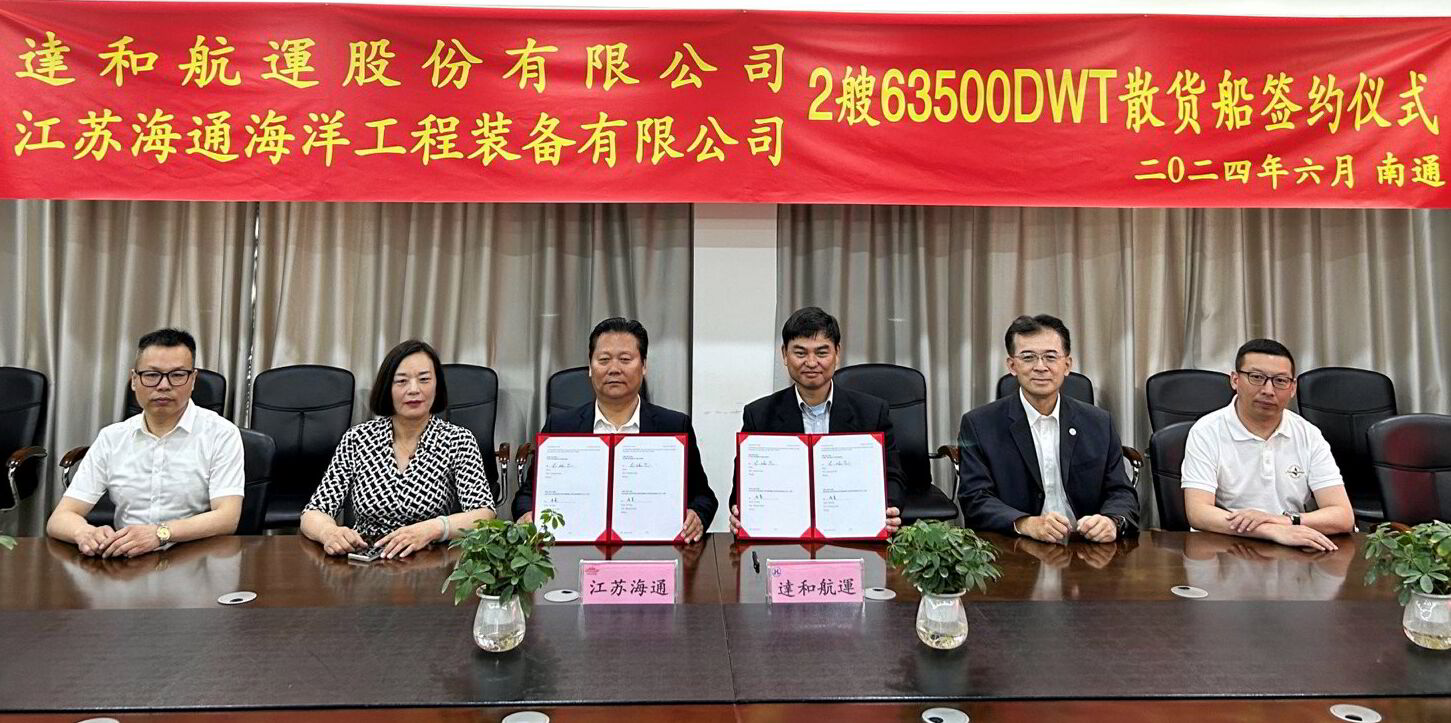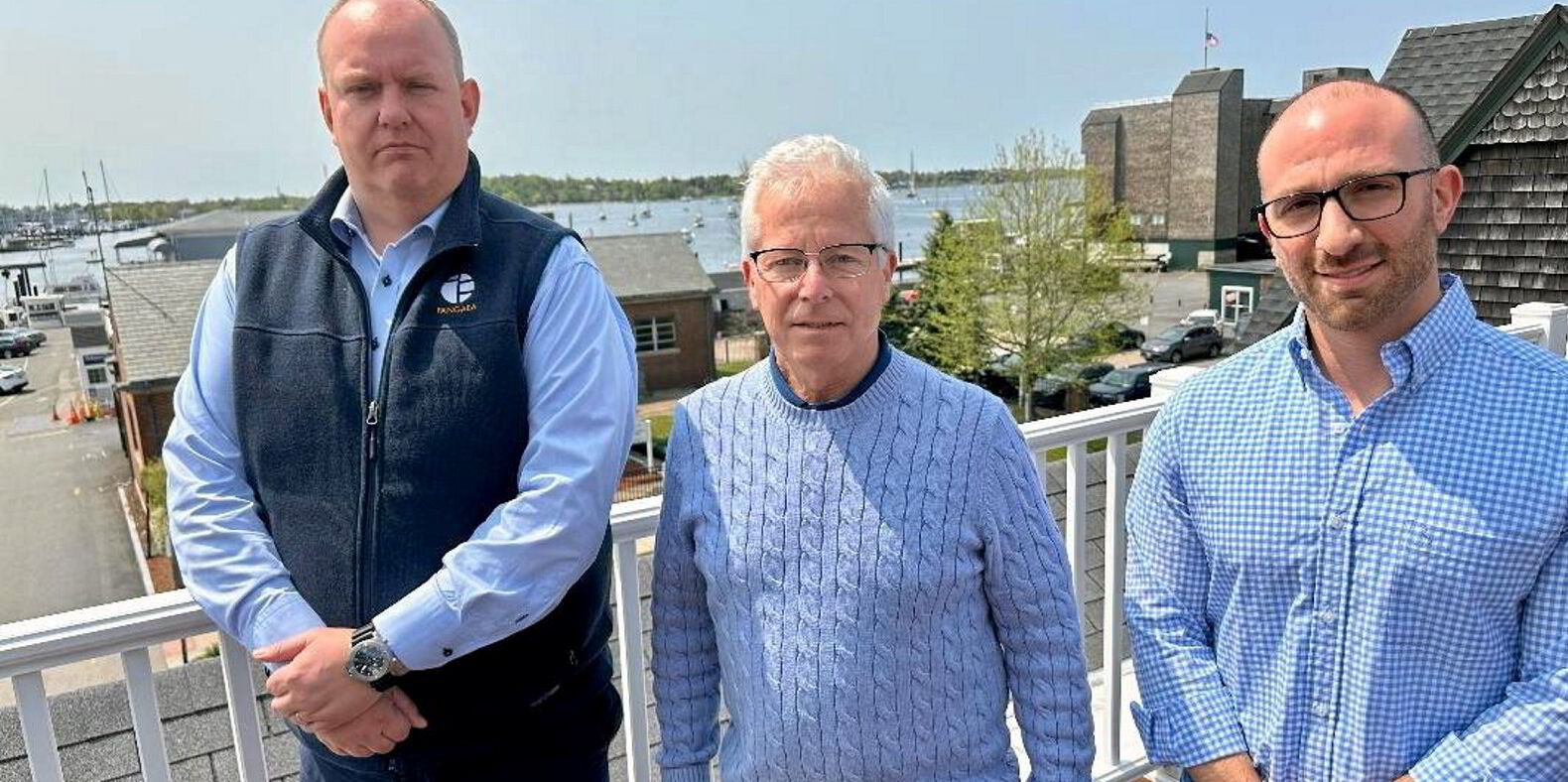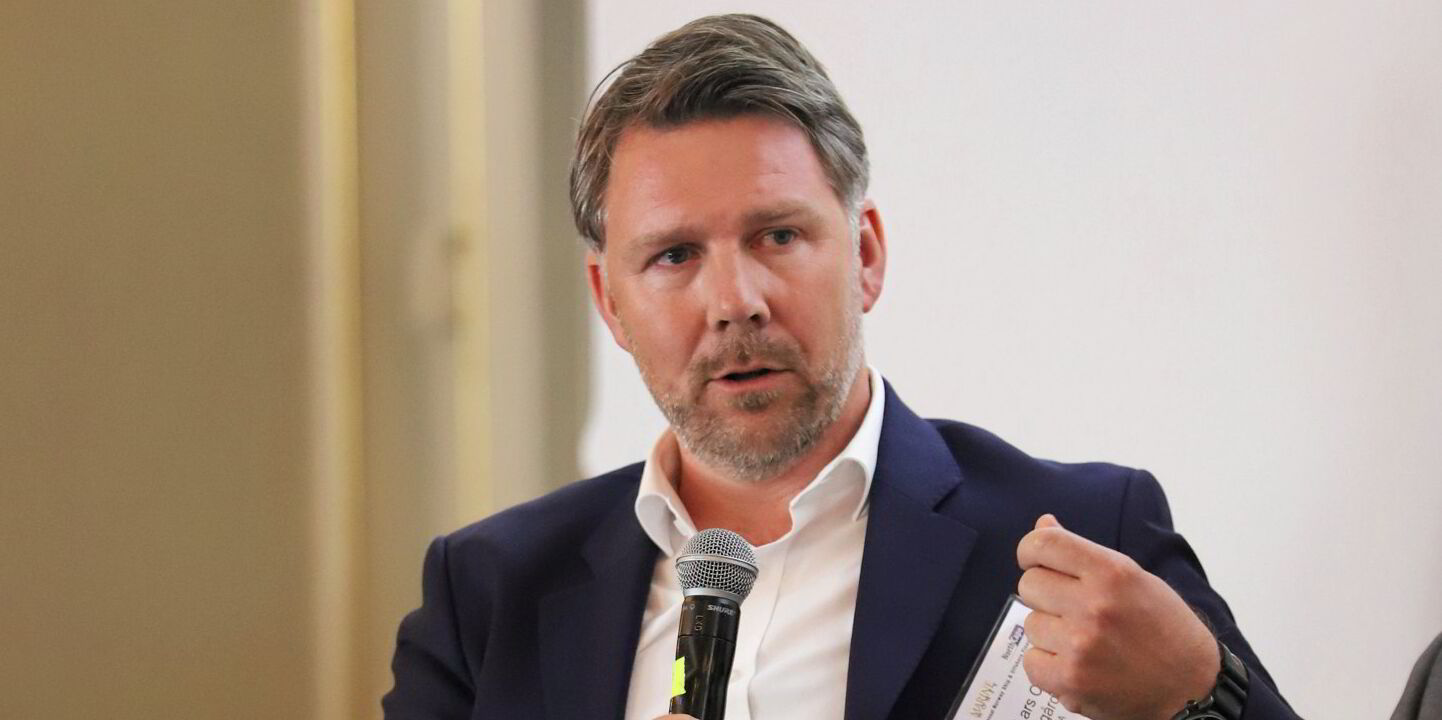Bulker operator Western Bulk Chartering has confirmed that it is making a significant cut to its headcount across its global organisation.
CEO Torbjorn Gjervik, who started in the top job on 1 September, confirmed the redundancies to TradeWinds.
He said: “To be a winner in this highly competitive dry bulk operator world we need to be among the sharpest when it comes to our culture, customer focus, systems, brand, cash and cost base.
“Following this focus, we have recently been working on reducing our cost base through optimising and streamlining the organisation, which unfortunately has led to some of our employees being made or will be made redundant.”
A “significant” number of job cuts will be made across various functions in Norway and abroad.
Gjervik said it is too early in the process to say how many jobs will be lost.
He said the cuts are necessary for Western Bulk to be the best bulker operator in the market.
“These have indeed been difficult decisions, as these are good people that have been with us over time,” he told TradeWinds.
“Although these changes are challenging at first, we believe this is something the company must go through to be the best dry bulk operator out there and continue to deliver value to our customers and other stakeholders.
“The reorganisation will not have an impact on our business or our service to our customers, we are becoming more efficient and not lowering our ambitions, rather, on the contrary, we are raising them.”
The redundancies are Gjervik’s first big move since starting as CEO, having worked his way up from his entry as a trainee 13 years ago.
In an interview with TradeWinds in late August, Gjervik said he wants to spend his first six months in the role focusing on Western Bulk’s current organisation.
He promised big changes at the operator, which could include diversifying away from its core business of operating bulk carriers.
“The industry should know we are open for discussing joint ventures with existing customers and/or players from other segments that have interest in getting more legs to stand on and in diversifying into the dry bulk space,” he told TradeWinds.
Strengthening Western Bulk’s trading platform will comprise improving its use of market intelligence, becoming more savvy with derivatives and keeping a handle on costs, Gjervik said.
Western Bulk’s operated fleet typically numbers 140 to 150 bulkers across mainly supramaxes and ultramaxes, plus handysizes and panamaxes.
It re-entered the panamax segment last year and is closing in on a fleet of 20 such vessels.
This increased Western Bulk’s overall operated fleet from 126 vessels to 141 during the first half of this year.
Western Bulk has already been branching out from its long-standing core business of operating supramaxes and into panamaxes this year, which has proven profitable.
The Oslo-listed company, which counts Christian Sveaas’ investment firm Kistefos as majority shareholder, booked net profit before tax of nearly $3m for the first six months of this year.
The result included a $3.4m gain on positional freight derivatives.
There was no interim dividend as the company pledged to reinvest its cash into the business.






